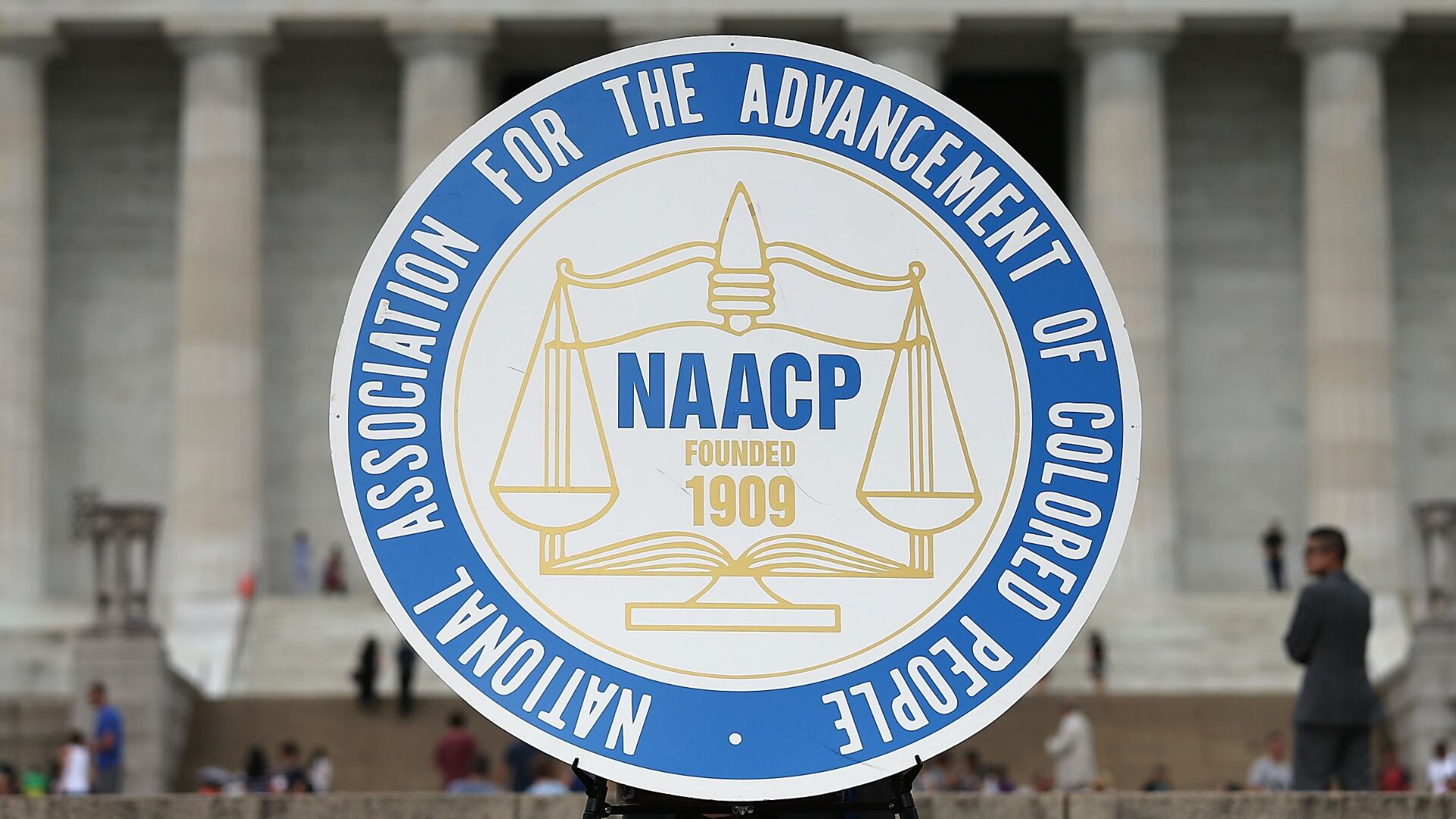*By Tamara Warren* CEO Mary Barra made national headlines when General Motors announced in late November that 14,000 salaried and hourly workers would be cut for the sake of the company's growth. Backlash against Barra was swift; it populated the White House Twitter feed and echoed through the hall of Congress. In a rare moment of bipartisanship, both Democrats and Republicans expressed their outrage after the news broke. President Trump was deeply critical of Barra on Twitter, and threatened to pull subsidies from General Motors. “Very disappointed with General Motors ($GM) and their CEO, Mary Barra, for closing plants in Ohio, Michigan and Maryland. Nothing being closed in Mexico & China. The U.S. saved General Motors, and this is the THANKS we get! We are now looking at cutting all @GM subsidies,” he tweeted. The president continued to lash out at Barra directly, even after meeting with the CEO. “They've changed the whole model of General Motors; they're going to all-electric. All-electric is not going to work," he said in an interview on Fox News in December. "I don't run a car company, but all-electric is not going to work. It's wonderful to have it as a percentage of your cars, but going into this model that she’s is doing, I think, is a mistake." Representatives in states that will feel the job loss most acutely have led the congressional critique of Barra. In Michigan ー where General Motors is headquartered and one plant will be closed ー congresswoman-elect Rashida Tlaib issued a statement that referenced the federal government’s 2009 bailout of General Motors and Fiat Chrysler. GM received $50 million to keep it in business. Tlaib called it “a terribly steep price to placate and keep GM afloat. Now, as we fight to rebuild our regional economy and create living-wage jobs, GM is repaying our sacrifice and investment by slashing thousands of jobs and closing the plant an entire neighborhood was torn down to build." In these states, maintaining existing jobs is a major political issue. Nowhere is this more critical than in key swing states like Ohio, where GM has a long history. One of the American plants scheduled for shutdown opened in 1966 in Lordstown, Ohio. Located off of I-80, its massive size is in clear view from the highway. Lordstown is the quintessential American factory town. That plant employs 1,600 workers, but the impact of the job losses swell when it includes the ripple financial effect of each job on the community. It is estimated that for every auto factory job, four others in the community are impacted ー that brings the tally of jobs potentially lost to roughly 5,000. That level of loss in a rural community can be devastating; and it just so happens to be located in one of the most hotly-contested states in the 2020 national election. In early December, Barra met with three Ohio Democrats ー including Sens. Rob Portman and Sherrod Brown ー and several Republicans who attempted to persuade her to reverse plans to shutter the plant, and urged her to find another vehicle to produce when the Chevy Cruise is cut from the vehicle lineup. A letter-writing campaign organized by labor representatives motivated 5,000 Ohio school children to write personal notes to Barra imploring her not to pull GM out of Lordstown. Democrats in Maryland also met with Barra. But when pressed by lawmakers to present an alternative option, Barra held the line. CNBC reported that after meeting with Barra, Sen. Portman said the CEO "is willing to keep an open mind" about re-purposing the facility, but "does not want to raise expectations." Until recently, Barra’s leadership had been widely celebrated. Barra has spent her entire career at General Motors. She was named CEO in 2014, and made headlines as the first woman to run a major car company. She is credited with getting the company on track and doubling down on investments into electric cars, autonomous cars, and mobility as a service. But making some of those changes comes with a price — and part of that cost is the diminishing favor of lawmakers and the company's core business of engineering and manufacturing cars and trucks. GM has declared that it's making attempts to place affected employees at new locations. In a statement the company said, "As we previously stated, our focus remains on our employees currently working at the impacted plants in Maryland, Michigan and Ohio. Our announcement was timed to enable interested employees job opportunities that are available at other GM plants beginning in early 2019." It’s unlikely the criticism of Barra’s decisions will end soon. Job cuts will certainly be part of the discussion in upcoming UAW negotiations, and lawmakers will be likely to chime in on the side of labor. Speaking effectively to the plight of the American worker is critical to winning elections in the states that initially helped industrialize America — which means GM job losses are likely to remain a political talking point into the 2020 presidential campaign season. So for 2018, and the foreseeable future, Barra is Cheddar's award-holder for Most Likely to Draw Bipartisan Fire.












